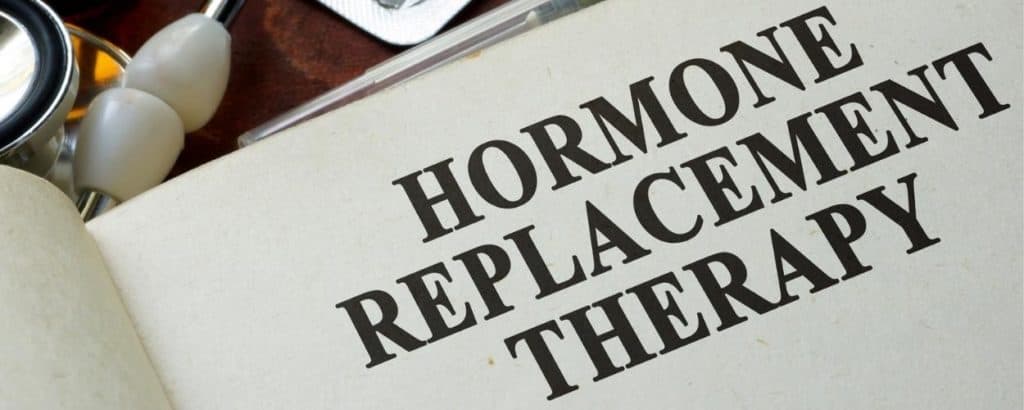
testosterone replacement therapy phoenix
affordable testosterone replacement therapy
You also want a provider who generally understands hormone therapy, not just Testosterone Replacement Therapy. A provider who is not well-informed on all forms of hormone treatment and cannot explain the differences won't be able to assess what is right for you.ÿ
Testosterone Pellet Therapy, a groundbreaking new treatment, has been used to treat a range of conditions in both men as well as women. This therapy involves inserting tiny, rice-sized pellets containing testosterone directly into the tissue. The pellets are made out of biocompatible material and release the hormone slowly over a period of time. It is ideal for anyone with low testosterone levels as it slows down the release. Testosterone Pellet Therapy can be used to treat a variety of conditions including hypogonadism. Male infertility and androgen deficiencies. The therapy is reported to improve energy, libido, muscle mass, and general well-being. It is safe and fast, making this therapy a popular option for people looking to improve their quality life.
You may be intimidated by discussing sensitive personal issues like urinary tract problems, erectile dysfunction, or low testosterone. However, by candidly addressing these, you will give your provider the information they need to help you overcome them.



